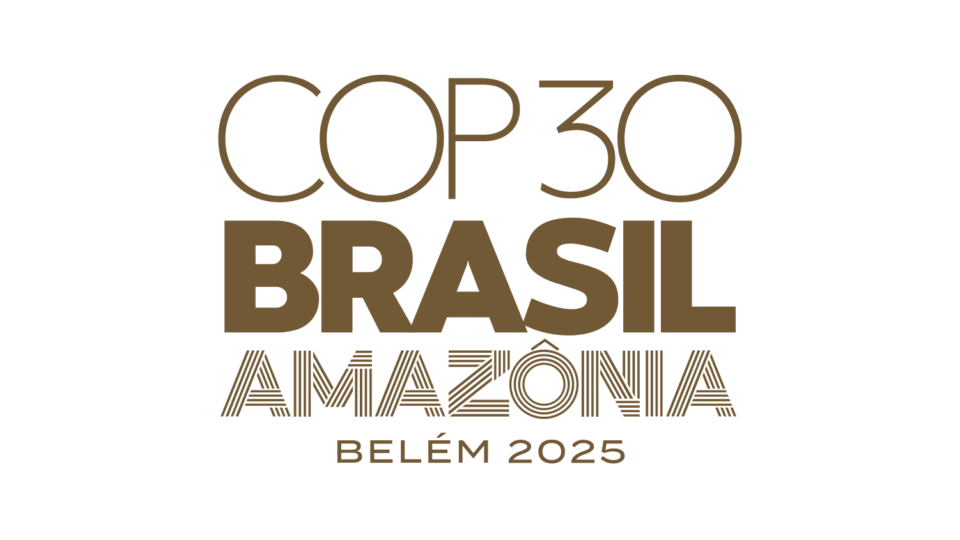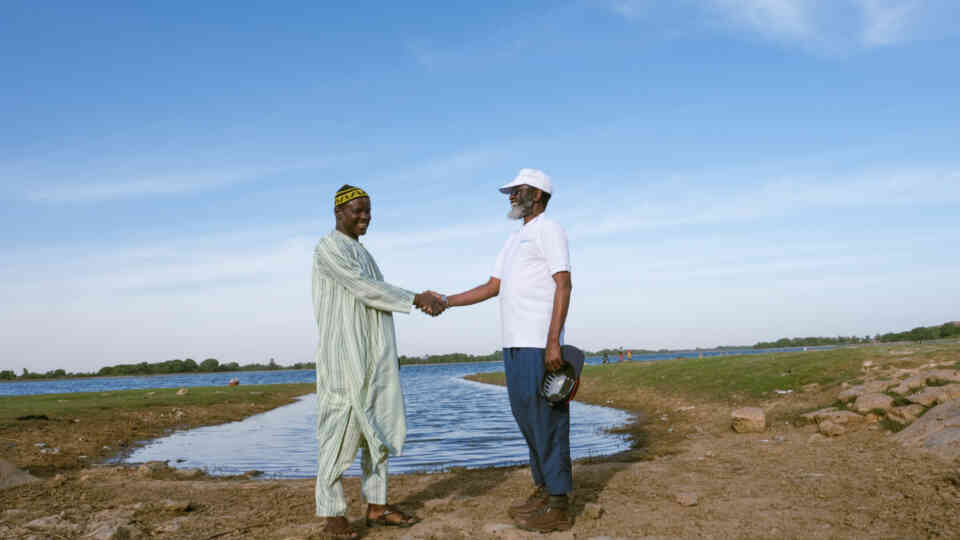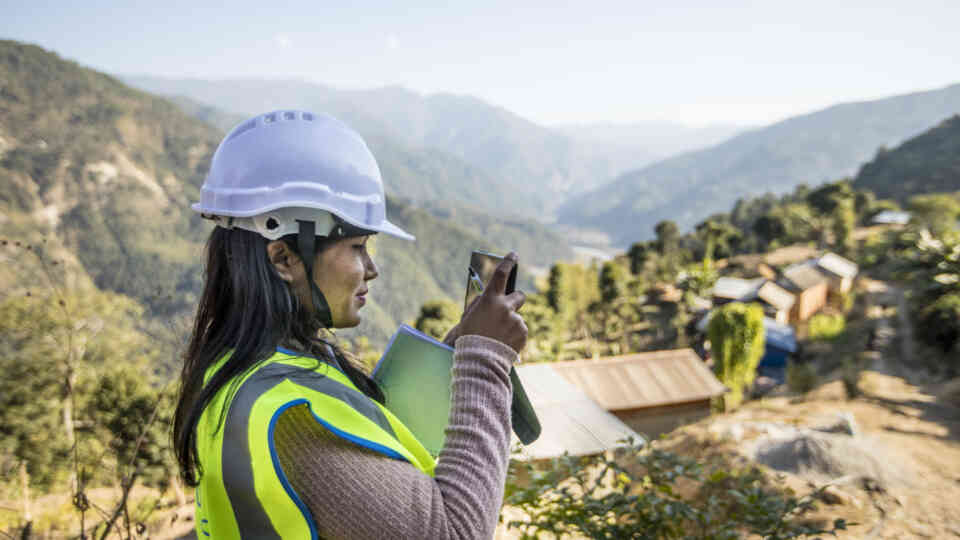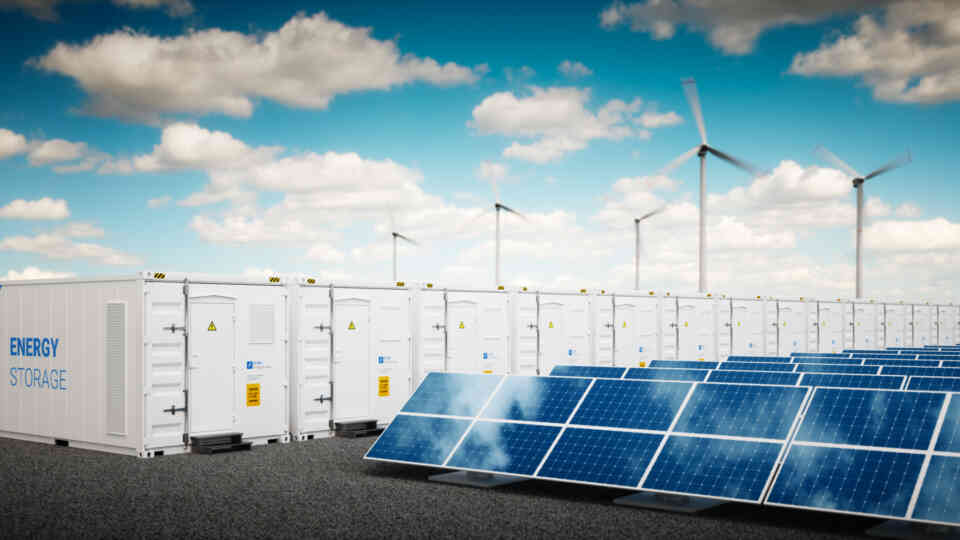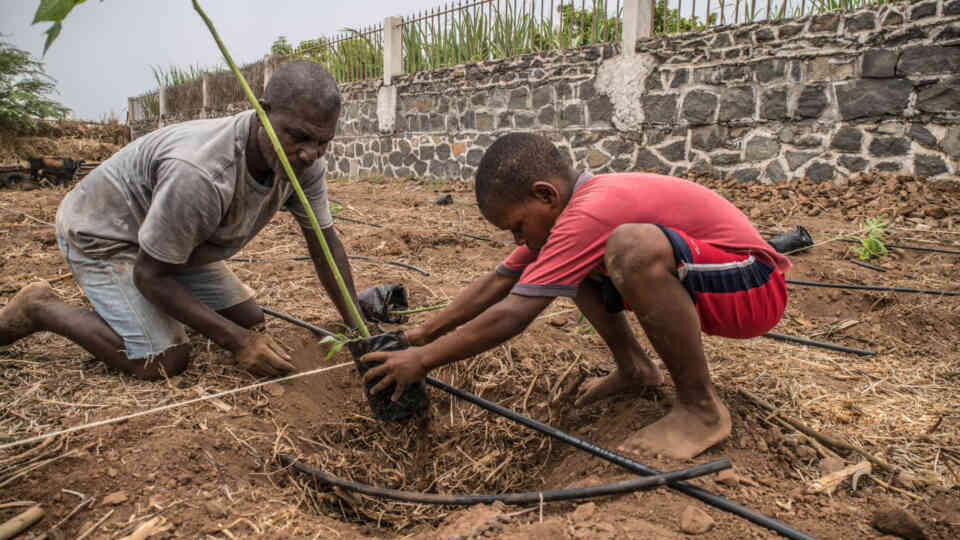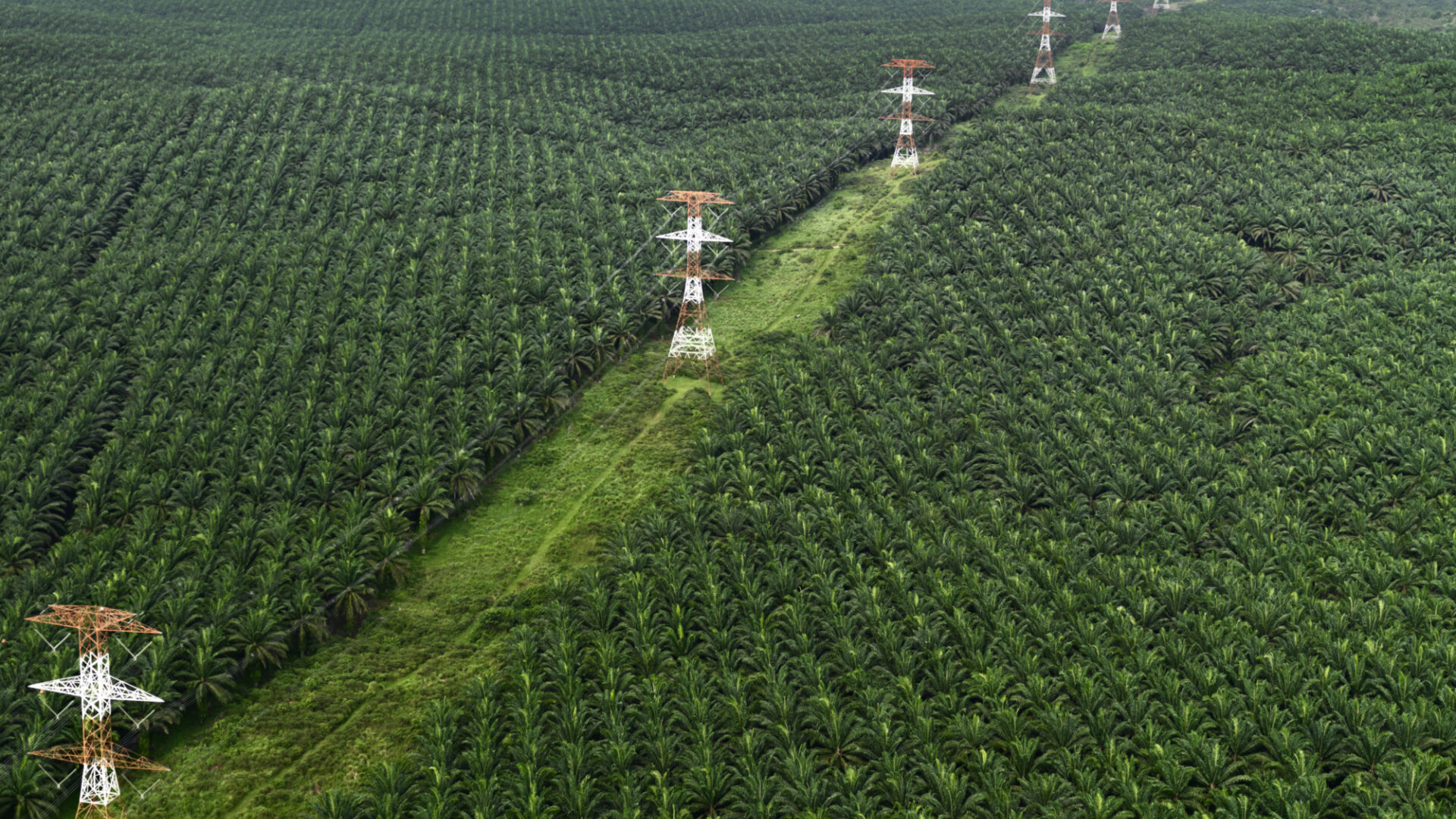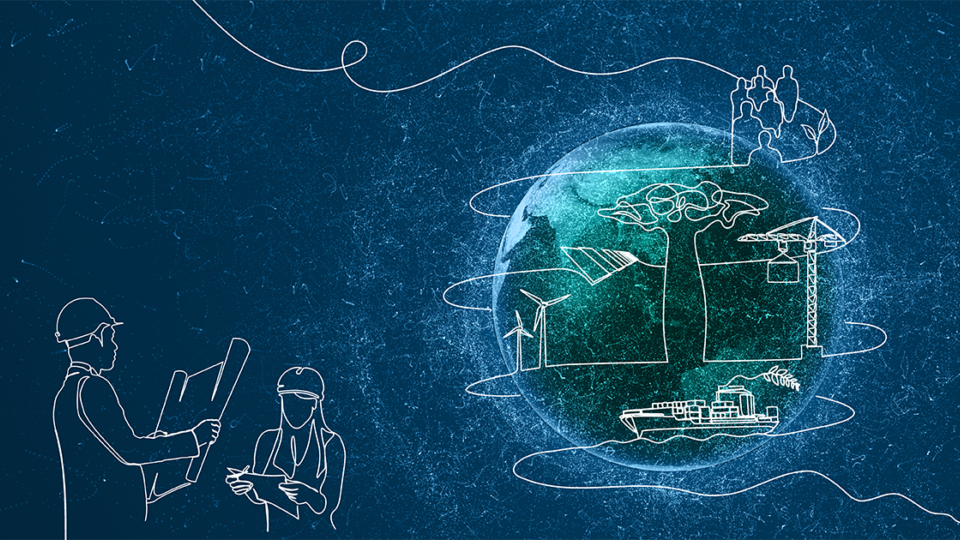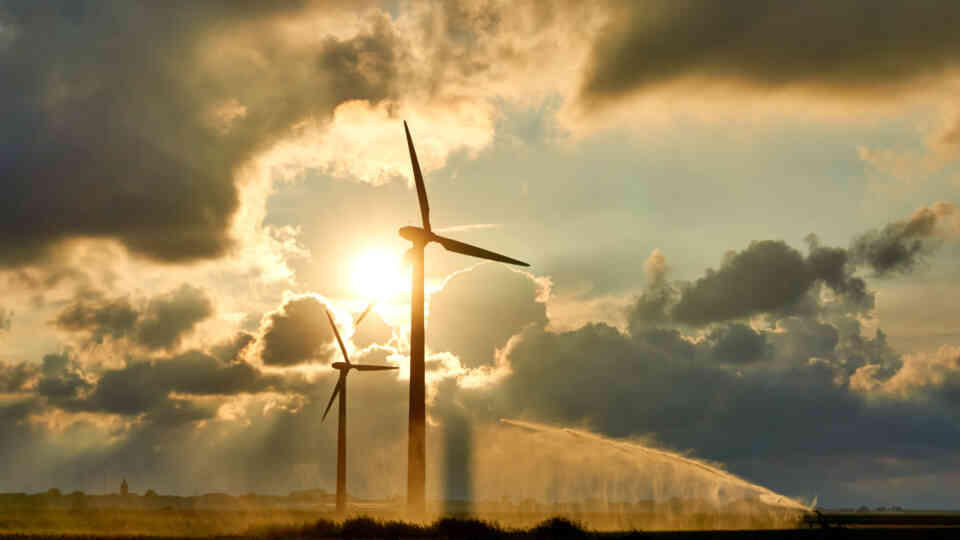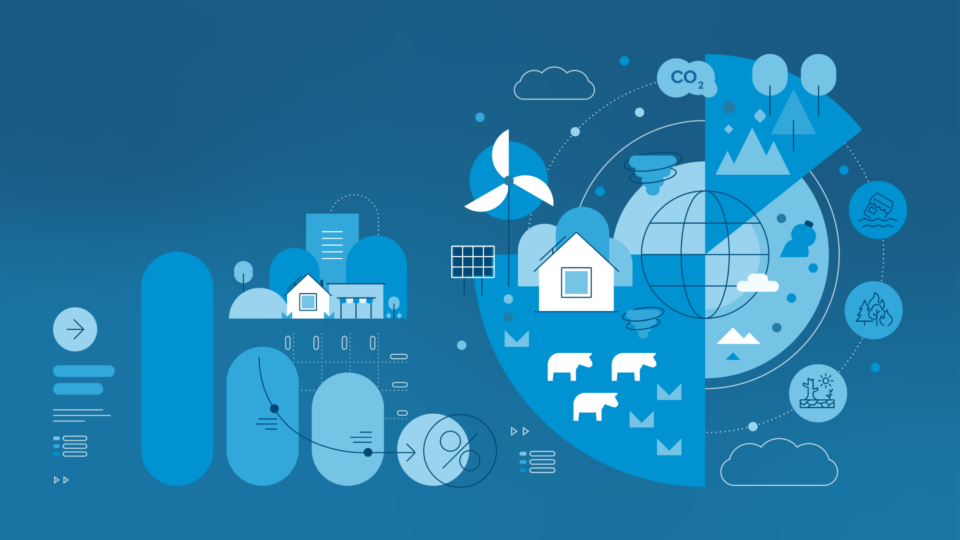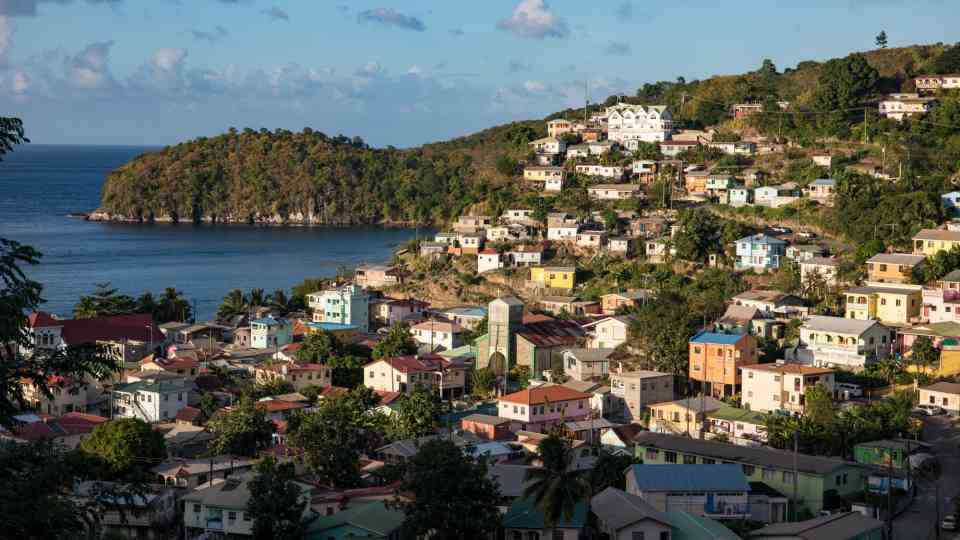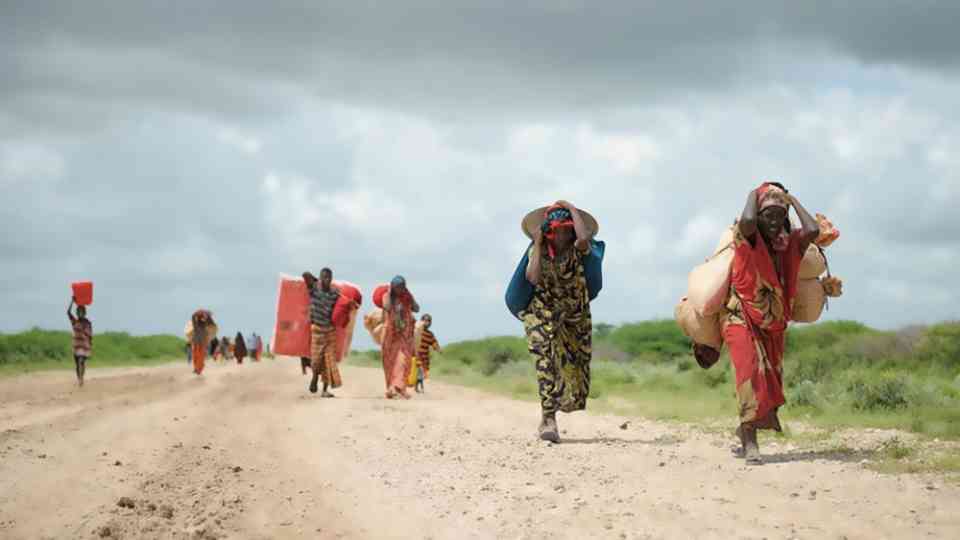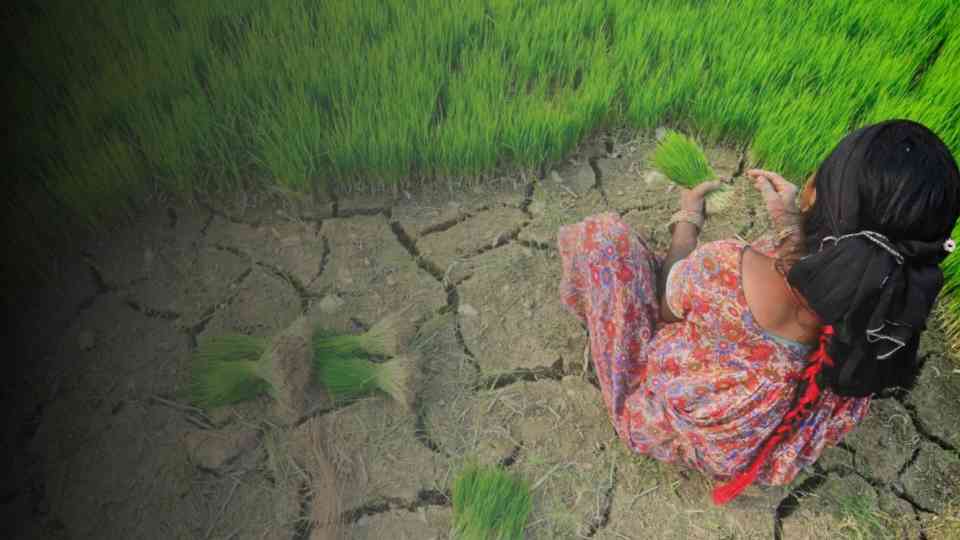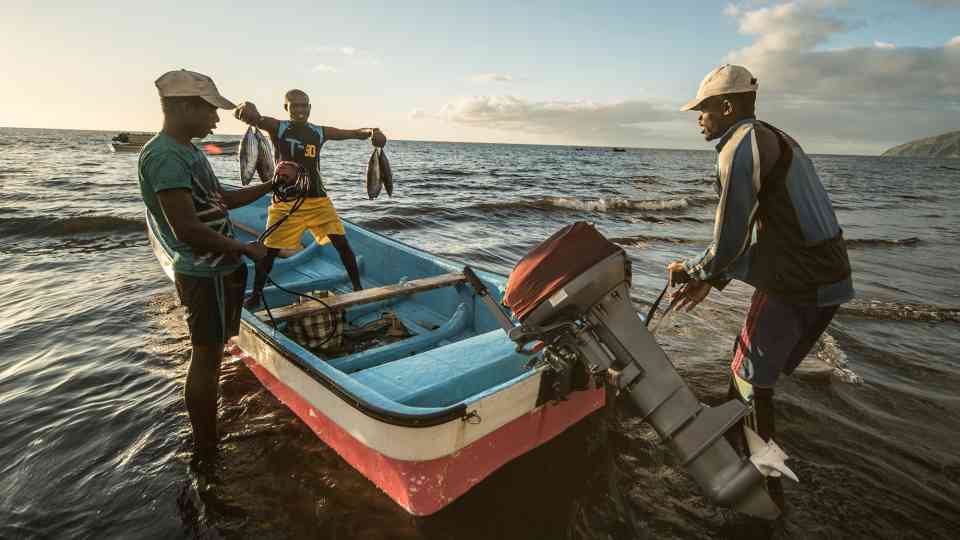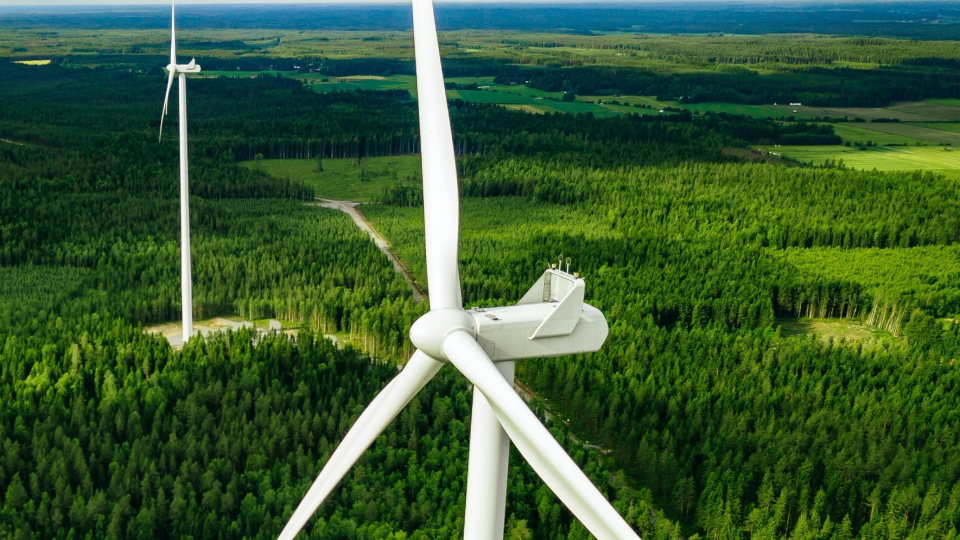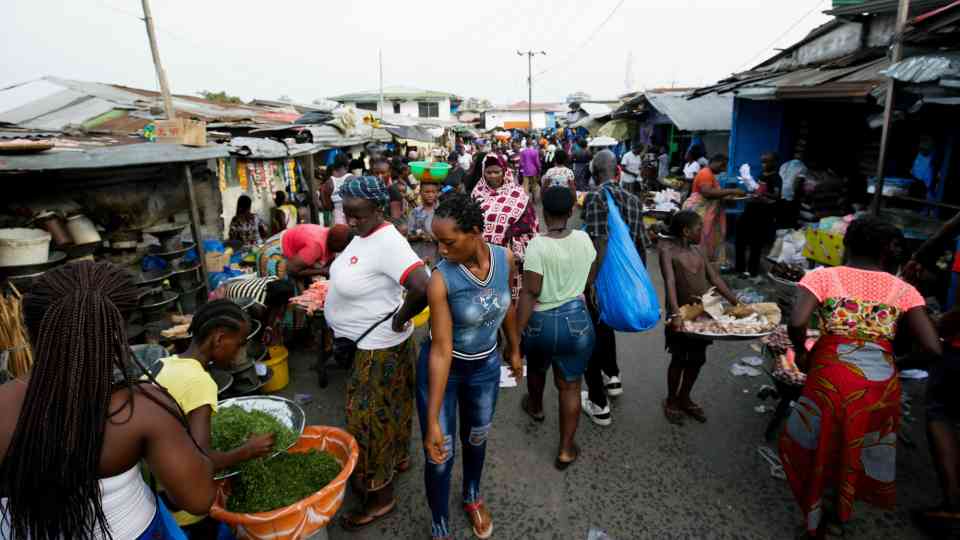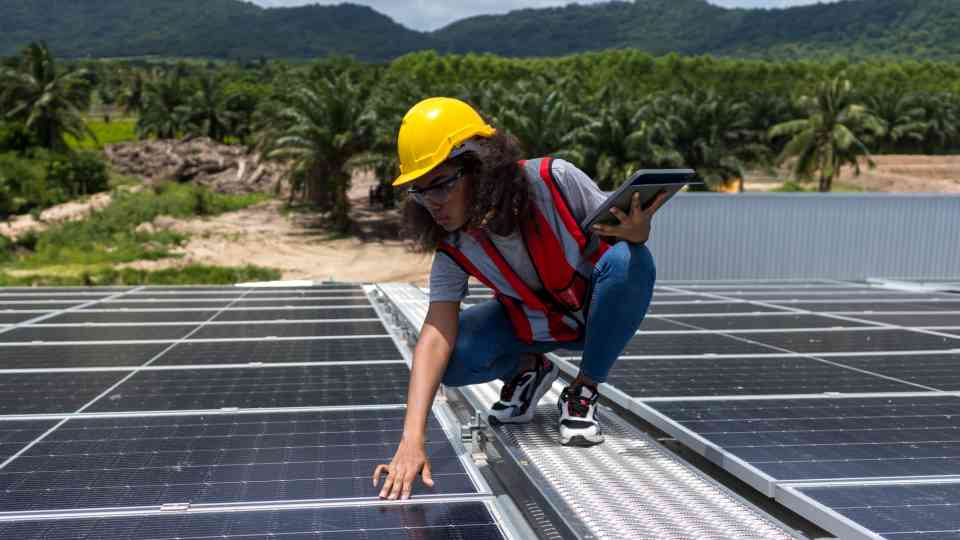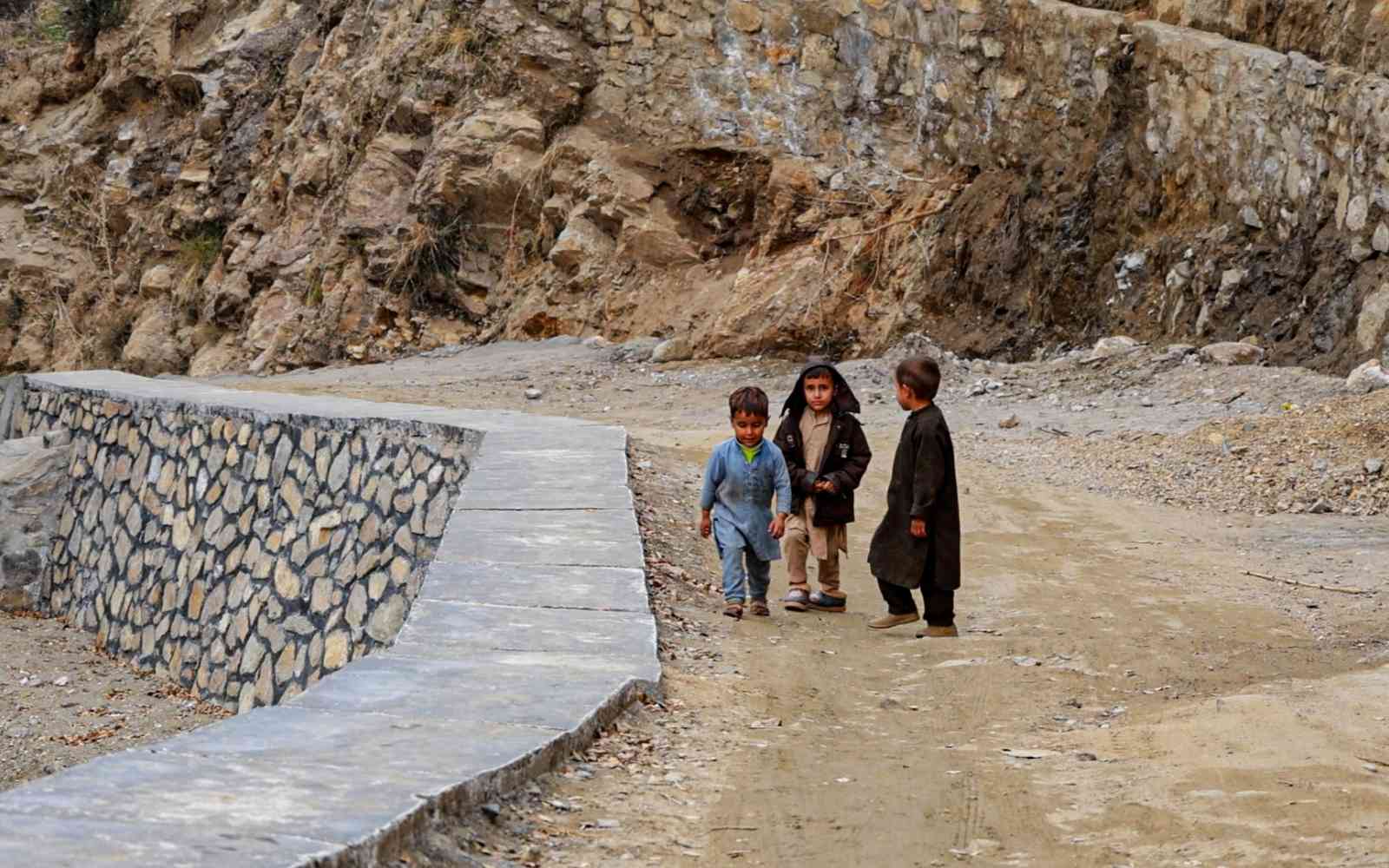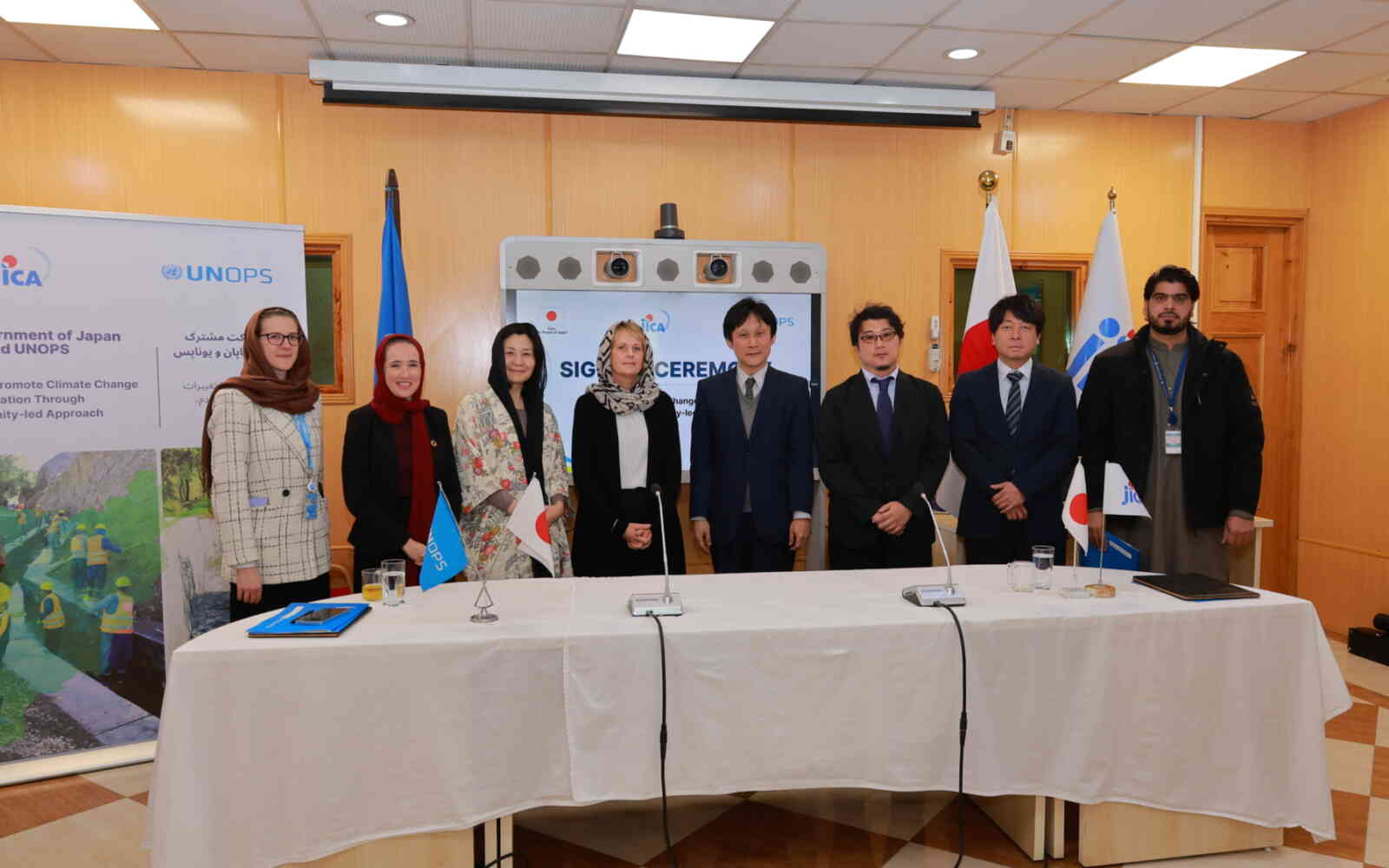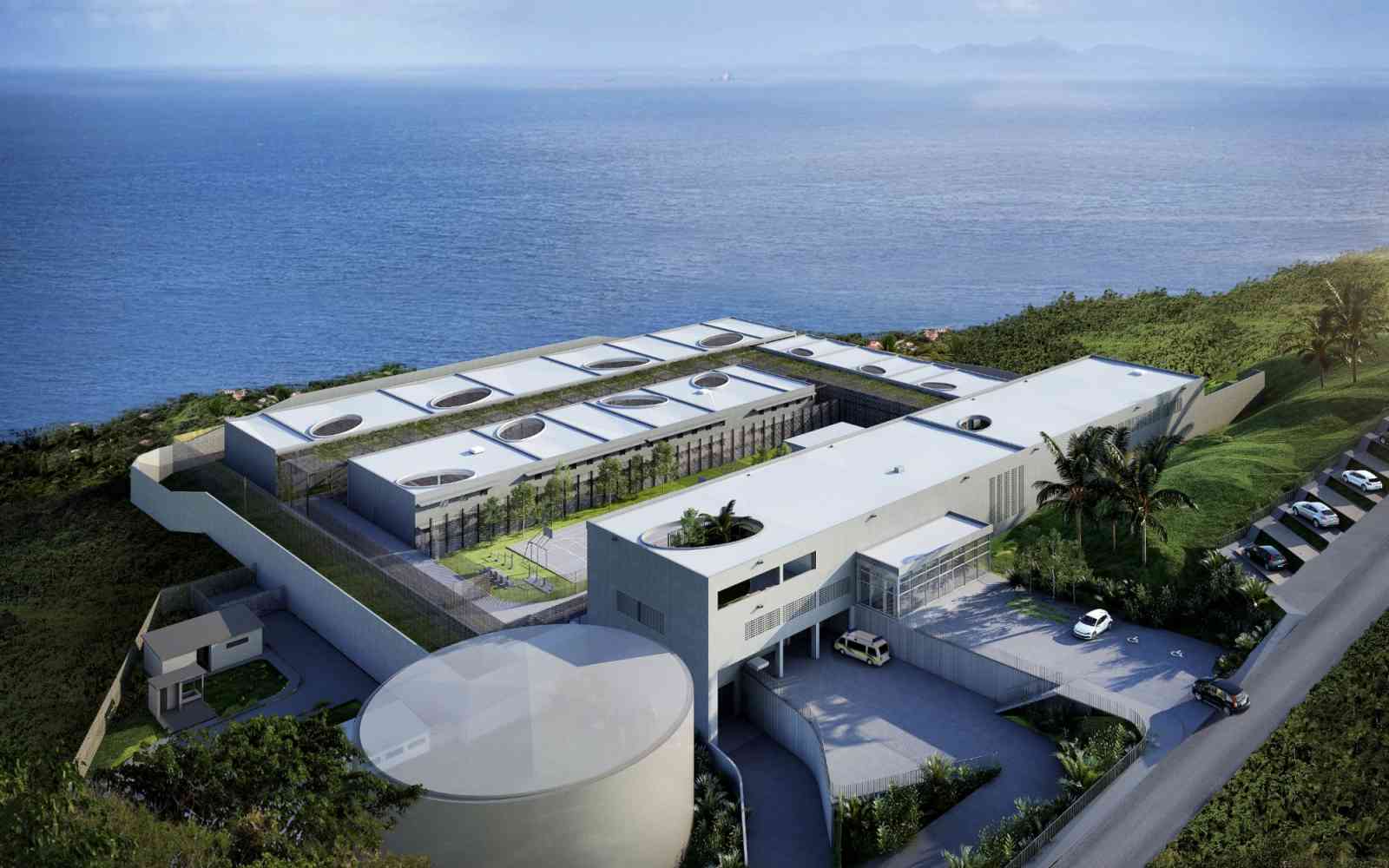The United Nations Office for Project Services (UNOPS)

Advancing climate action. Building resilience.
The need for accelerated action to fight the climate crisis is the defining issue of our time. We’re committed to providing the practical solutions needed to help countries prepare for our future climate.
Climate change is impacting communities in every country, across every continent. From rising sea levels and extreme weather events, to energy, food and water insecurity – the consequences are clear, and they are tragic.
Developing countries and vulnerable populations who are on the front lines of climate change need support. Yet global efforts to combat climate change and achieve sustainable development are falling short.
UNOPS is committed to providing practical solutions to help countries combat climate change, through our expertise in infrastructure, procurement and project management services.
We believe infrastructure is at the heart of building a sustainable, resilient and inclusive future, and is key to ensuring access to clean and affordable energy to all.
While sustainable supply chains can help protect natural resources and limit environmental impacts, the sheer scale and volume of public procurement spending makes it a powerful catalyst for advancing climate action.
But in this global challenge there is a clear implementation gap – the difference between commitments made to fight the climate emergency, and the ability to make change happen.
With our focus on operations, UNOPS helps bridge the implementation gap. We manage multi-stakeholder initiatives, help communities build resilience and adapt to the impacts of climate change, and support efforts to turn climate ambitions into robust action.
The UN Secretary General has made it clear: urgent and ambitious climate action is needed to secure a liveable future for all. At UNOPS, we are committed to working as part of the UN system to reignite progress on the SDGs and on climate mitigation and adaptation, facilitate the clean energy transition, and deliver meaningful actions for people and the planet.
How we support
How we support
We provide practical solutions to help countries combat climate change and advance the shift to low-carbon economies. From managing multi-stakeholder initiatives to helping communities mitigate, address and adapt to the impacts of climate change, we help bridge the implementation gap and strengthen partners’ capacity to manage climate-related risks and impacts.
Our missions
Our dedicated Triple Planetary Crisis mission brings together knowledge, experience and expertise from across the UNOPS family. It supports efforts to address the interconnected challenges of climate change, biodiversity loss and environmental degradation.
Latest news and stories from UNOPS
Research
Research
In collaboration with partners – including academia, subject matter experts and thought leaders – UNOPS publications and research offer insights and solutions to some of the world’s most pressing climate challenges.
Initiatives
Initiatives
To mitigate the global impacts of climate change and deliver on the 2030 Agenda, partnership and collaboration are critical. Explore some of the different initiatives we're supporting below.
Watch
Watch
From the cities of Lebanon to the shorelines of Tanzania, watch how we’re helping build a more resilient future, together with partners.







